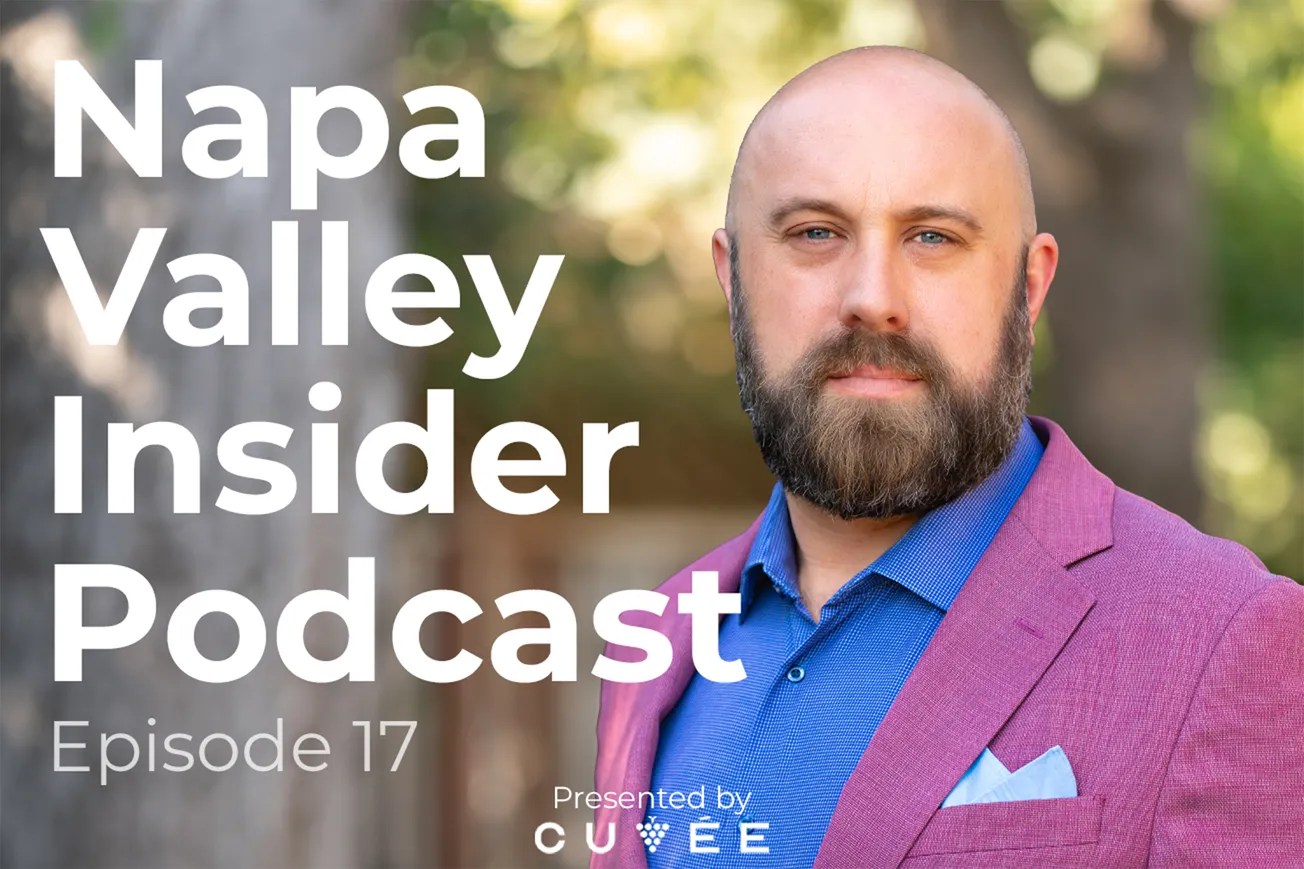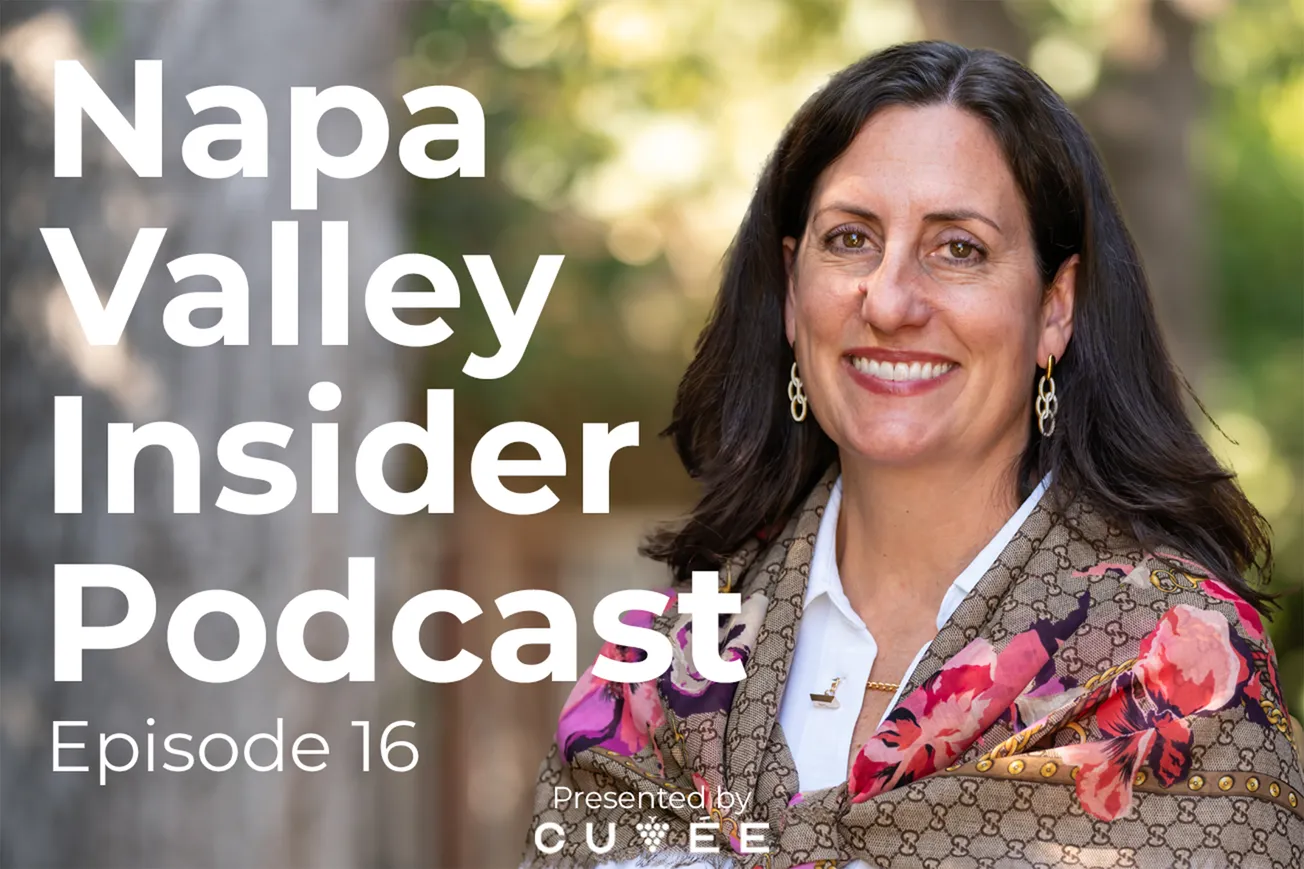A California state legislative bill that has not received much attention has significant implications for us, as both news publishers and news consumers. AB 886, the California Journalism Preservation Act, has passed the Assembly and is currently being considered by the Senate.
The bill proposes a link tax on the tech companies (primarily Google and Meta) that provide links to news. This bill is strongly supported by the News Media Alliance and the National Association of Broadcasters, lobbying groups primarily representing large newspaper, magazine and broadcast companies.
Taxing tech companies to support and preserve journalism sounds compelling in a time when journalists at media outlets are, for the most part, being reduced. This bill, however, primarily will benefit large media companies and those owned by hedge funds. It will have little or no impact on local publications like the Yountville Sun and the Calistoga Tribune or entities that are adding local journalists, including public stations like KQED.
We’d like to encourage you to oppose this bill for the following reasons:
· CJPA would primarily benefit national and international news organizations
–potentially, even extremist media masquerading as news – far more than
Californian news organizations.
· CJPA sets up a perverse incentive to create yet more clickbait (content whose
main purpose is to attract attention and encourage visitors to click on a link to a
particular web page) to generate revenue from the tech companies.
· Much of the local community, black and ethnic media will get nothing – including printed newspapers.
· If passed, the bill would negatively impact small publishers since Google and
META will stop linking to news in California – which will significantly reduce our
web and search traffic.
· There is no clearly defined requirement that the funds generated be used to
support journalists, nor is there a requirement that the funds are devoted to
improving journalism or news in California.
If this bill passes it will likely be tied up in the courts for an extended time – some
contend that the bill violates copyright laws.
The consequences of the loss of the current news links provided by Google were
described by the Jewish News of Northern California, in stating their opposition to the bill: “Because community and ethnic media like J. do not use programmatic advertising, we are not harmed by the platforms. To the contrary, the platforms are very helpful to us, because it is their links that bring us new readers. Of J.’s 200,000 unique readers per month, over 50% come to us from Google search. Without that organic search, some readers will be unable to find J. at all.”
Google has presented an alternative proposal that will directly and positively impact smaller publishers and news organizations like the Sun’s and Tribune’s parent company, Highway 29. These proposals, in the early stages, would benefit smaller, independent and diverse media outlets in California as opposed to the CJPA, which primarily benefits large media owners that can best leverage the link tax structure – fees based upon the number of clicks on a digital platform.
The alternative Google* proposal includes an employment tax credit that would directly offset the costs of existing journalists and new hires, and the impact of these tax credits on the state would be neutral. In addition, it proposes a government advertising commitment, similar to initiatives that have been successful in New York, Chicago, Connecticut and San Francisco. Along with direct funding commitments, it also supports several technology initiatives with a focus on a diverse group of smaller local publishers, including the Sun and the Tribune.
I encourage you to read an analysis of the CJPA by Jeff Jarvis that was commissioned by the California Chamber of Commerce. Here is the link to the analysis that was highlighted in a Nieman Lab report: The California Journalism Preservation Act would do more harm than good. Here’s how the state might better help news | Nieman Journalism Lab (niemanlab.org)
I hope you will read more about the CJPA and reach out to our members of the
legislature to voice your opposition to the act. Here is how to contact Senator Dodd
(https://sd03.senate.ca.gov/contact) and Assembly woman Cecilia Aguiar-Curry:
https://a04.asmdc.org/contact-cecilia.
*Marc Hand – the Highway 29 founder and CEO/Board chair – works with Google in the development of technology and other solutions for public television. Neither Marc Hand or Highway 29 receive funding from Google.






